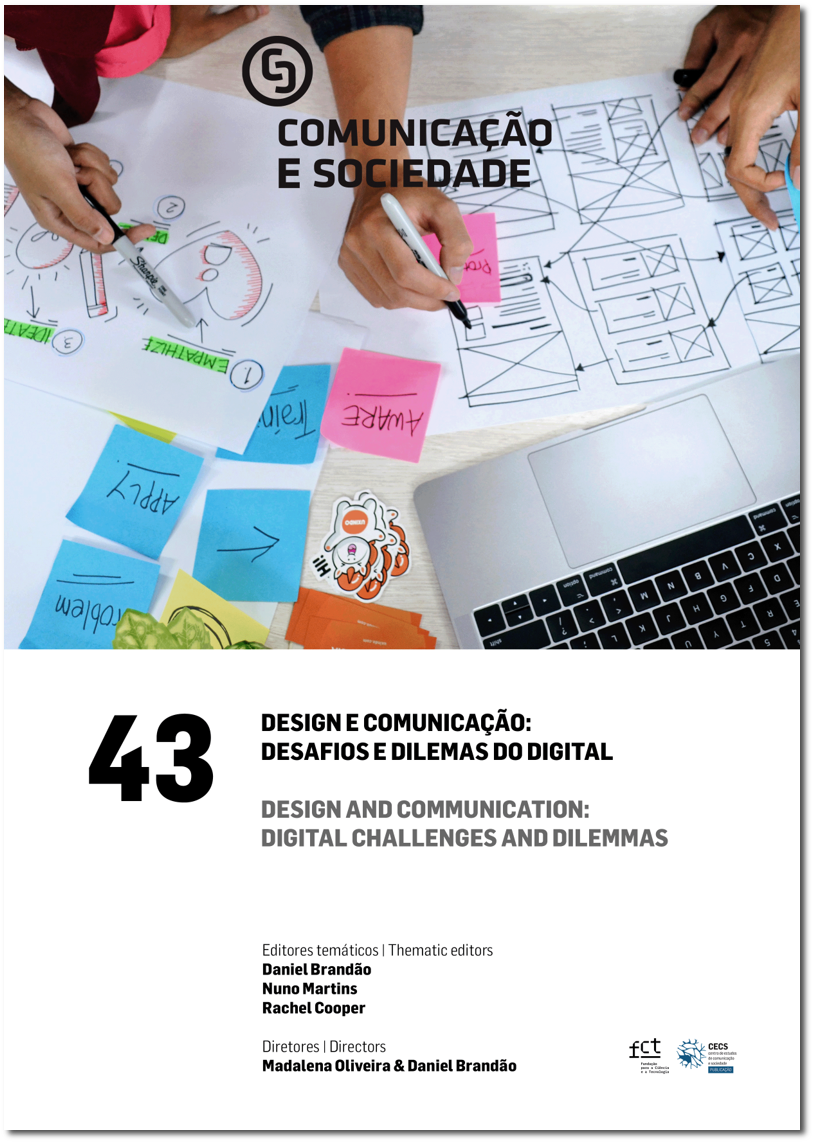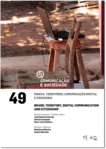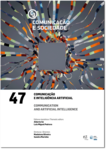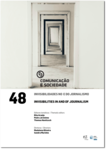Design e Comunicação: Desafios e Dilemas do Digital
DOI:
https://doi.org/10.17231/comsoc.43(2023).4830Downloads
Referências
Alvelos, H. (Ed.). (2013). Manobras no Porto: Que cidade é esta? Que cidade pode ser esta? Câmara Municipal do Porto. http://futureplaces.up.pt/manobras/livro_manobras.pdf
Brandão, D., Alvelos, H., & Martins, N. (2012). The Museum of all: Institutional communication practices in a participatory networked world. The Design Journal, 15(2), 203–217. https:// doi.org/10.2752/175630612X13258652805130
Brandão, D., Alvelos, H., & Martins, N. D. (2014). O Museu do Resgate: Registos do quotidiano configurados como património documental. In S. Cruz & A. de S. Coelho (Eds.), UDESIGN’13 – 2.º Encontro Nacional de Doutoramentos em Design: Livro de actas (pp. 29–37). Faculdade de Belas-Artes da Universidade do Porto.
Chatterjee, A., & Alvelos, H. (2020) Re-inscribing the value of craft in times of dictated obsolescence. Craft Research Journal, 11(2), 275–294. https:// doi.org/10.1386/crre_00029_1
Escola Superior de Artes e Design. (2022). O Bairro está IN(clusivo). https://esad.pt/pt/news/o-bairro-esta-inclusivo
Frayling, C. (1993). Research in art and design. Royal College of Art Research Papers, 1(1), 1–5.
Margolin, V., & Margolin, S. (2002). A “social model” of design: Issues of practice and research. Design Issues, 18(4), 24–30. https://doi.org/10.1162/074793602320827406
Martins, N., Brandão, D., Alvelos, H., & Silva, S. (2020). E-Marketplace as a tool for the revitalization of Portuguese Craft Industry: The design process in the development of an online platform. Future Internet, 12(11), Artigo 195. https://doi.org/10.3390/fi12110195
Nold, C., Kaszynska, P., Bailey, J., & Kimbell, L. (2022). Twelve potluck principles for social design. Discern: International Journal of Design for Social Change, Sustainable Innovation and Entrepreneurship, 3(1), 31–43. https://www.designforsocialchange.org/journal/index.php/DISCERN-J/article/view/75
Roberti, A. C. (2020). Cidade Ilha: O documentário etnográfico autoral como alternativa à exotização, a partir da cidade do Porto [Tese de doutoramento, Universidade do Porto]. Repositório Aberto. https://hdl.handle.net/10216/128111
Roberti, A. C., & Brandão, D. (2016). Observação documental – O registro imagético e sonoro da vivência nas escadarias do centro do Porto. Doc On-line, (19), 247–268. https:// doi.org/10.20287/doc.d19.ar10
Tatum, J. S. (2004). The challenge of responsible design. Design Issues, 20(3), 66–80. https://doi.org/10.1162/0747936041423307
Tsekleves E., Cooper R., & Spencer J., (2021). Design for global challenges and goals. Routledge.
Downloads
Publicado
Como Citar
Edição
Secção
Licença
Direitos de Autor (c) 2023 Daniel Brandão, Nuno Martins, Rachel Cooper

Este trabalho encontra-se publicado com a Licença Internacional Creative Commons Atribuição 4.0.
Os autores são titulares dos direitos de autor, concedendo à revista o direito de primeira publicação. O trabalho é licenciado com uma Licença Creative Commons - Atribuição 4.0 Internacional.











